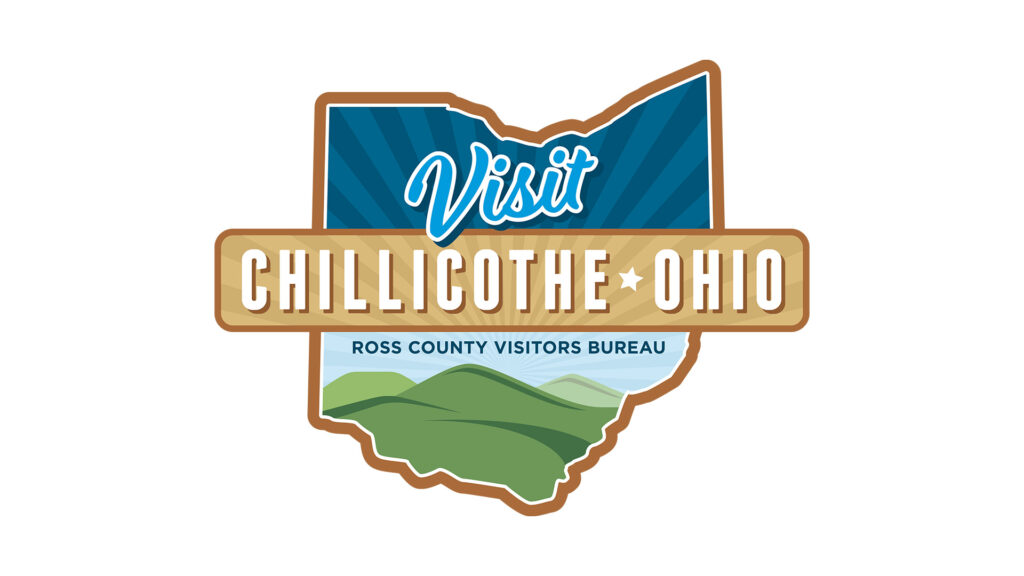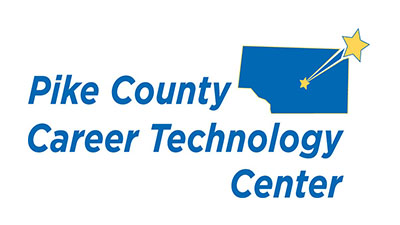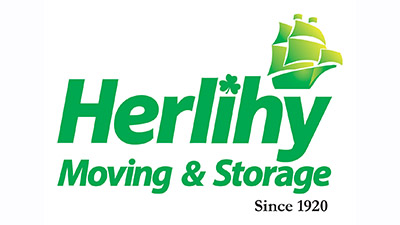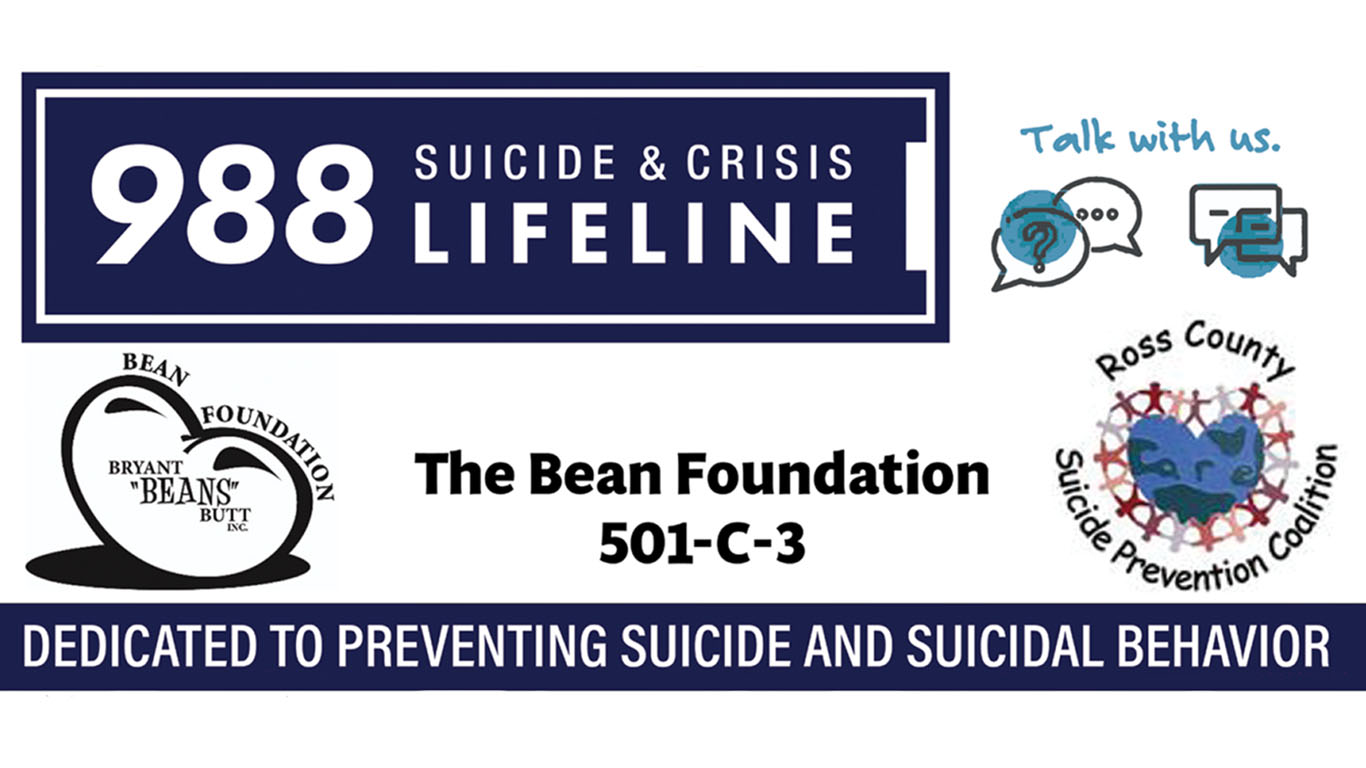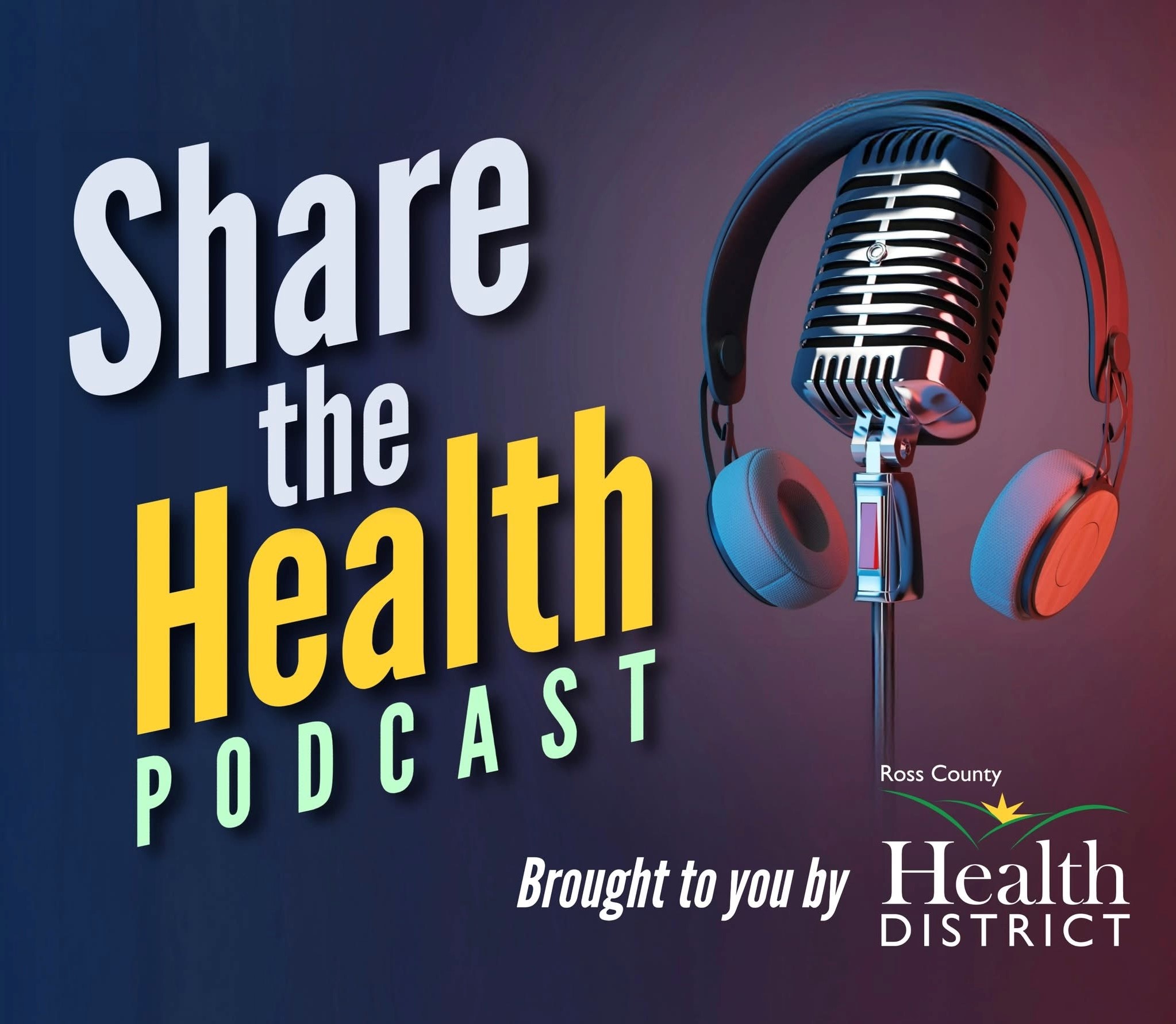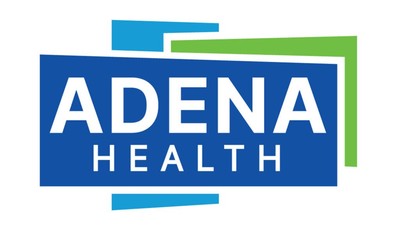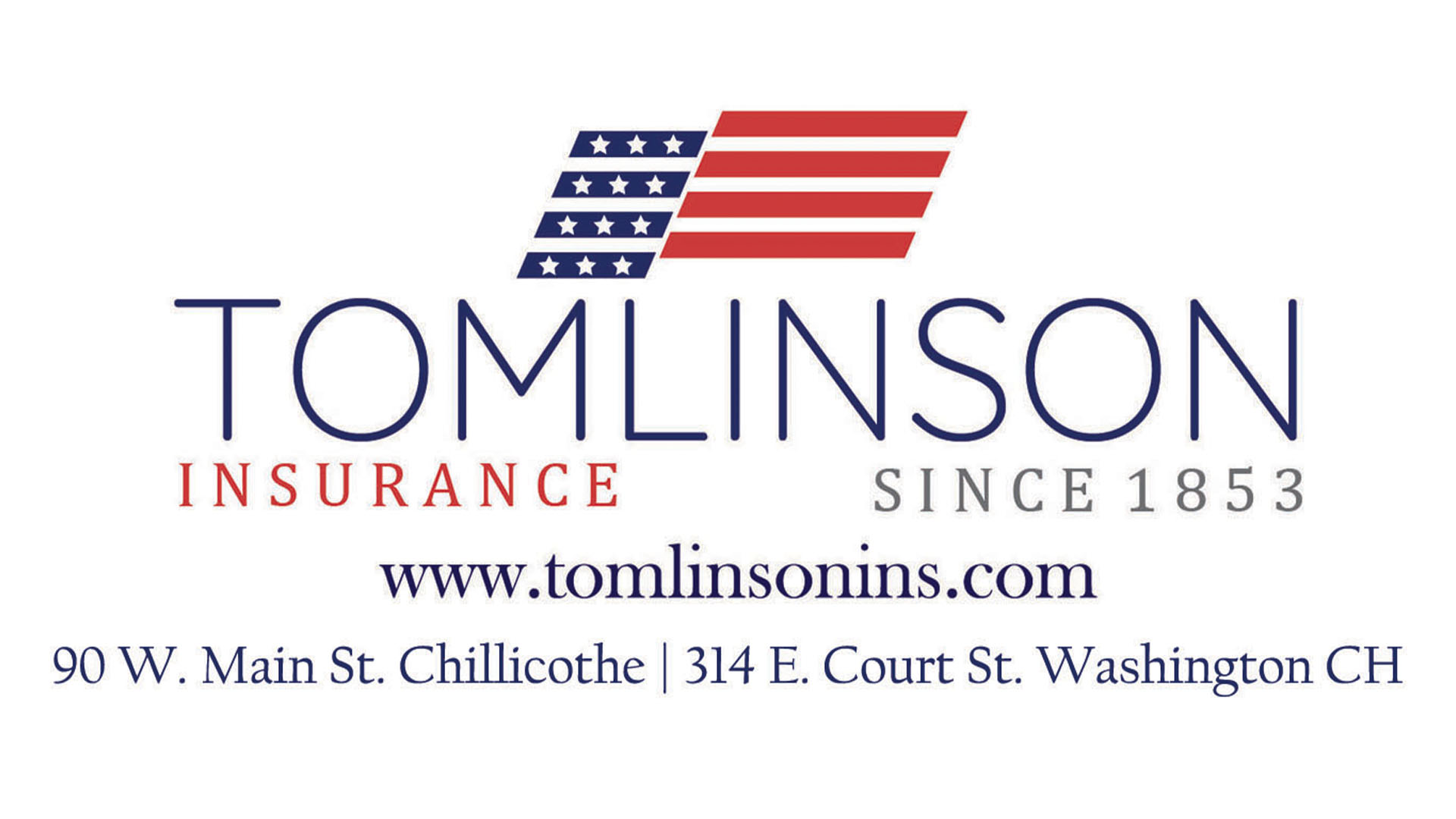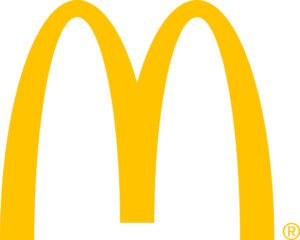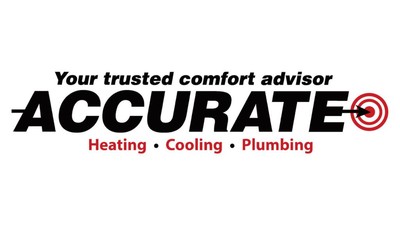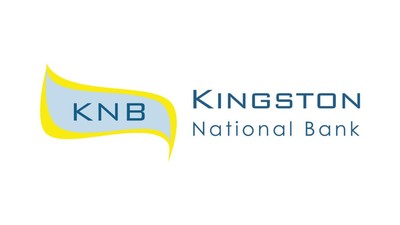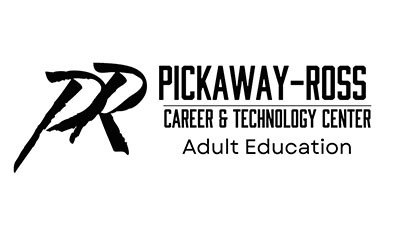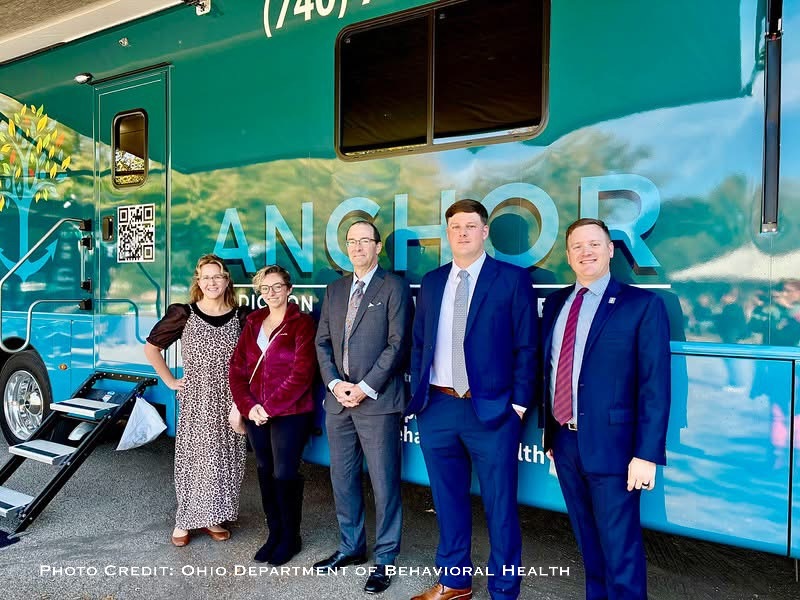
Ohio Launches First Mobile Medication Unit In Chillicothe
Article Presented By Ross Chillicothe Convention & Visitors Bureau…
(Chillicothe) – Representatives with the Ohio Department of Behavioral Health (DBH), Anchor Addiction and Wellness Center, and the Paint Valley Alcohol, Drug Addiction, and Mental Health (ADAMH) Board gathered in Chillicothe recently to unveil Ohio’s first Mobile Medication Units (MMUs), which will deliver lifesaving treatment to individuals in seven rural counties.
“These units will connect individuals in high-need areas with medication-assisted treatment for opioid use disorder,” said DBH Interim Director Tia Marcel Moretti. “Data show when people are facing instability in their lives, they’re far more likely to seek help when treatment is brought to them rather than having to travel to a brick-and-mortar provider. By expanding access in this way, our goal is to improve treatment retention and prevent opioid-related overdoses.”
Ohio’s overdose rate has declined over the past two years according to data from the Ohio Department of Health. However, the highest rates of death occurred in rural, underserved areas where individuals have less access to treatment. Despite 51 of Ohio’s 88 counties being classified as rural or underserved, only 32 of the state’s 129 opioid treatment providers operate within those areas.
“We are proud to partner with the Department of Behavioral Health and Anchor Addiction and Wellness Center to bring these two units to our five-county region, as well as Hocking and Vinton counties.” said Melanie Swisher, executive director of the Paint Valley ADAMH Board. “When people have access to appropriate medications, it reduces illicit opioid use, improves overall health and functioning, and helps people stay engaged in recovery.”
Ohio joins 17 other states currently operating MMUs. The units will be staffed by a medical provider, a registered nurse, a program director, as well as a driver and security officer. Medication, including methadone and buprenorphine, can be dispensed directly from the units. All units must comply with United States Drug Enforcement Administration (DEA) regulations and be licensed as MMUs in accordance with state and federal law.
“While our primary focus will be treating those with opioid use disorder, our staff will also provide counseling, wound care, and case management.” said James Leman, CEO of Anchor Addiction and Wellness Center. “We anticipate serving around 200 people in the first year and will work closely to with local hospitals, correctional facilities, harm reduction centers, first responders, and community-based health organizations to consistently identify, engage, and enroll underserved populations.”
DBH awarded a $1.7 million federal State Opioid and Stimulant Response grant to the Paint Valley ADAMH Board to contract with a provider to operate the units.
Those interested in requesting the Mobile Medication Units can call (740) 779-6612.
